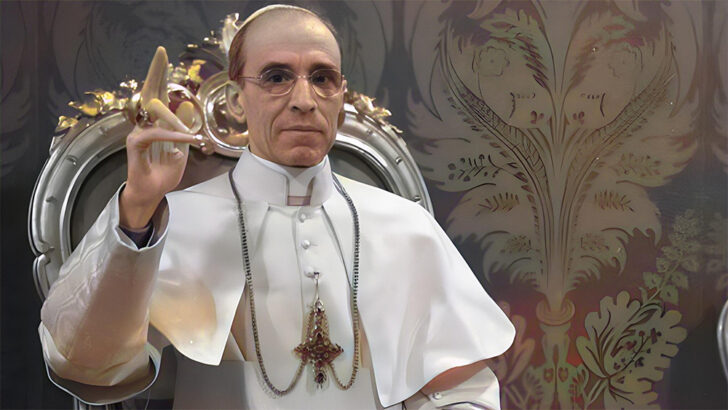“I believe in evolution. I’m an atheist” was the declaration of one man on meeting him recently. But is it a case of ‘either/or’ or ‘both/and’? Is it possible to accept the theory of evolution and still believe in a Creator God?
‘Both/And’, Not ‘Either/Or’
The ‘either/or’ choice of evolution or Biblical faith is based on two fundamentalist and irreconcilable positions that are pitted one against the other. The first is the theory of creationism that holds that God created human beings in their present form, less than 10,000 years ago. The timeframe of ten millennia approximately corresponds to the number of biblical generations, making the theory of creationism compatible with Scripture. The opposing theory is that of pure evolution where natural processes take place where one life form changes slowly into a higher life form over time, without any divine intervention. The Catholic Church holds a third position – namely that while theories of evolution are complex, evolutionary processes are unfolding in creation under divine providence. This position is based on two distinct and clear principles.
The first of these principles concern the understanding of the Bible not as a scientific document but a theological one. This was pointed out by Pope Leo XIII as far back as 1893 in his encyclical Providentissimus Deus and by Pope Pius XII in 1943 with his encyclical Divino Afflante Spiritu. The authors of Genesis were expressing their faith in how creation relates to the Creator – how it originates from its Creator, is independent of the Creator and yet is radically dependent on the Creator. These central truths are stated in the creation accounts in a literary and not a scientific way.
The second principle that allows Christians to accept both the theory of evolution and faith in a Creator God, is stated clearly in another encyclical by Pope Pius XII, Humani Generis, published in 1950. This magisterial document accepts the evidence of evolution as seen in matter but since the human soul is immaterial, it could not have arisen from a merely material process. As the giver of life, God infuses a soul directly into every human being, thus safe-guarding the uniqueness of every person on Earth – a truth also borne out scientifically with no two people having an identical DNA profile.
Having clarified these two principles, I would like to outline a difficulty with the argument of people like Richard Dawkins, Stephen Hawking and others who are so enthusiastic about evolution as a replacement for God that they suggest that processes themselves give rise to things in the first place. Hawking writes, “Spontaneous creation is the reason there is something rather than nothing, why the Universe exists, why we exist” (The Grand Design). He continues, “Because there is a law such as gravity, the universe can and will create itself from nothing” (The Grand Design). He concludes, “I think the universe was spontaneously created out of nothing, according to the laws of science”.
It is like explaining the Big Bang with the laws of physics only to discover that the laws of physics were created with the Big Bang”
These philosophical conclusions from an otherwise brilliant scientist appear weak at best because they suggest that processes themselves are responsible for the objective realities and things that precede them. When he speaks about ‘self-creation’ and ‘spontaneous creation’, he moves beyond the domain of biology and physics to make broad claims that apparently don’t need to appeal to a source of existence of things. But this position is impossible to accept. It is like explaining the Big Bang with the laws of physics only to discover that the laws of physics were created with the Big Bang, or trying to explain the existence of gravity without the interaction of objects (such as planets) that gives rise to gravity in the first place.
The young man I spoke to is one of many, I suspect, who have rejected faith in a Creator God because of their acceptance of evolution. This is indeed tragic but understandable. Nor are the churches themselves absolved of blame for this. We need to do a far better job to educate our children and communities that the question of evolution and faith in a Creator God is not a choice of ‘either/or’ but ‘both/and’.


 Pope Pius XII
Pope Pius XII 